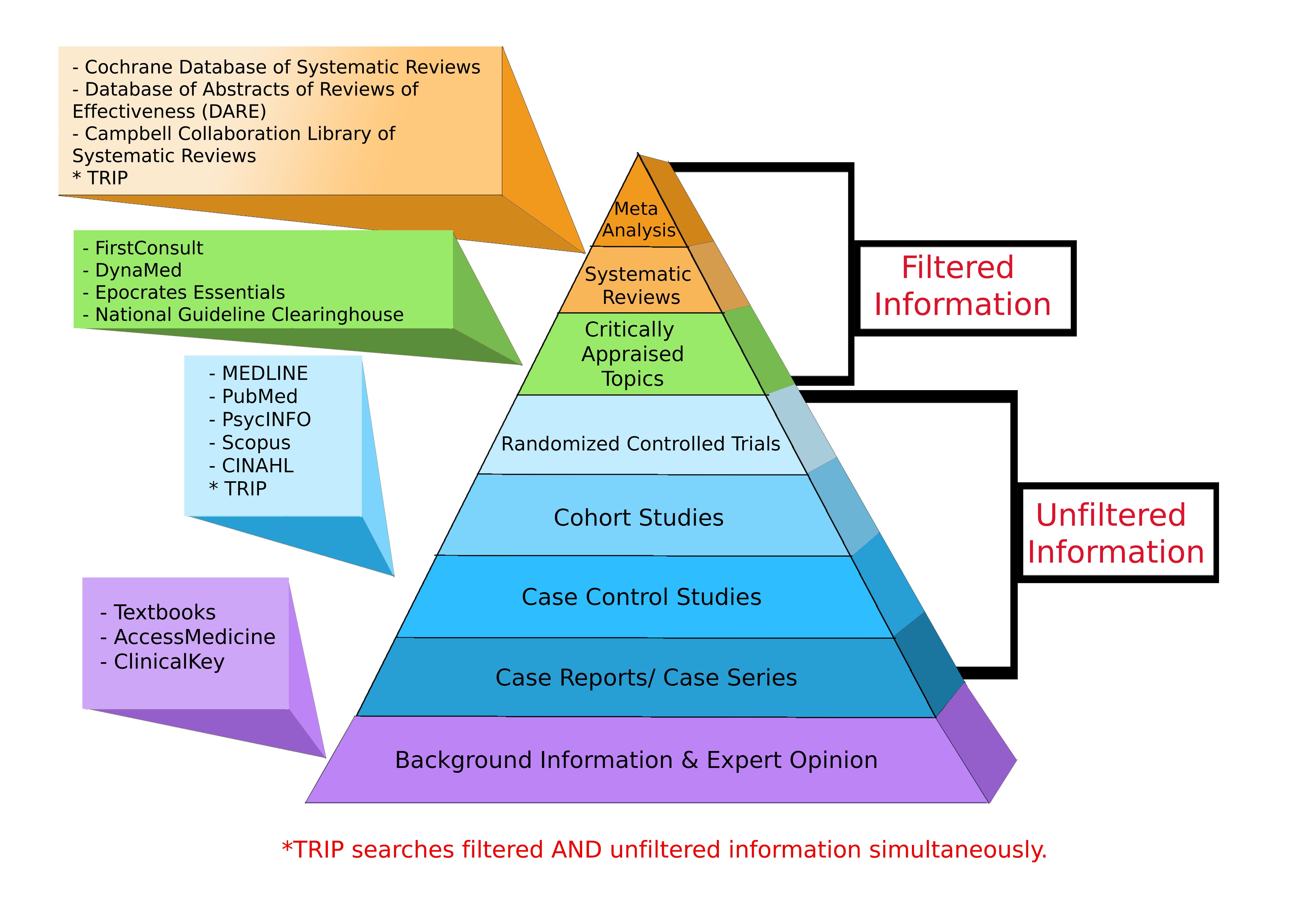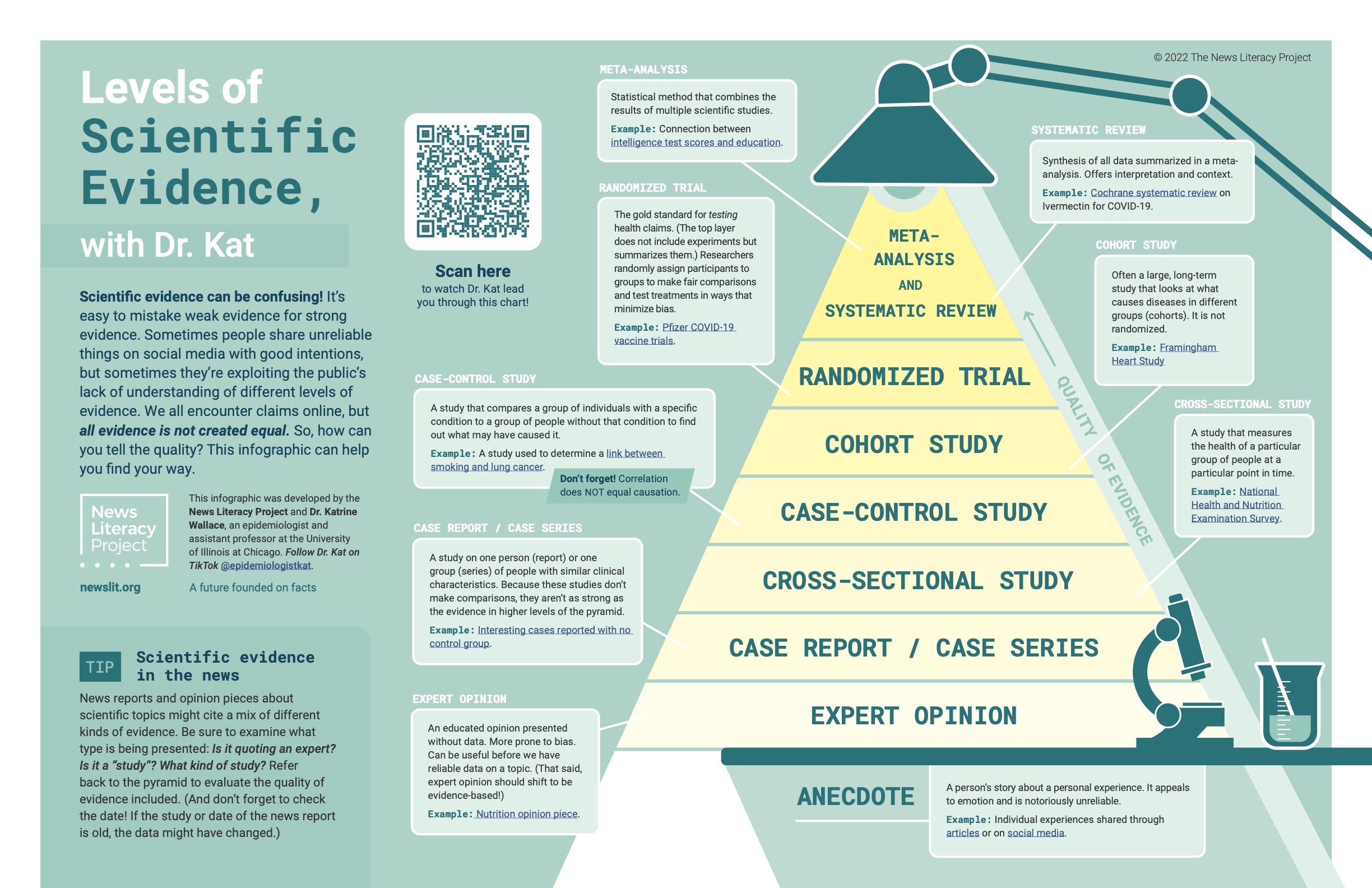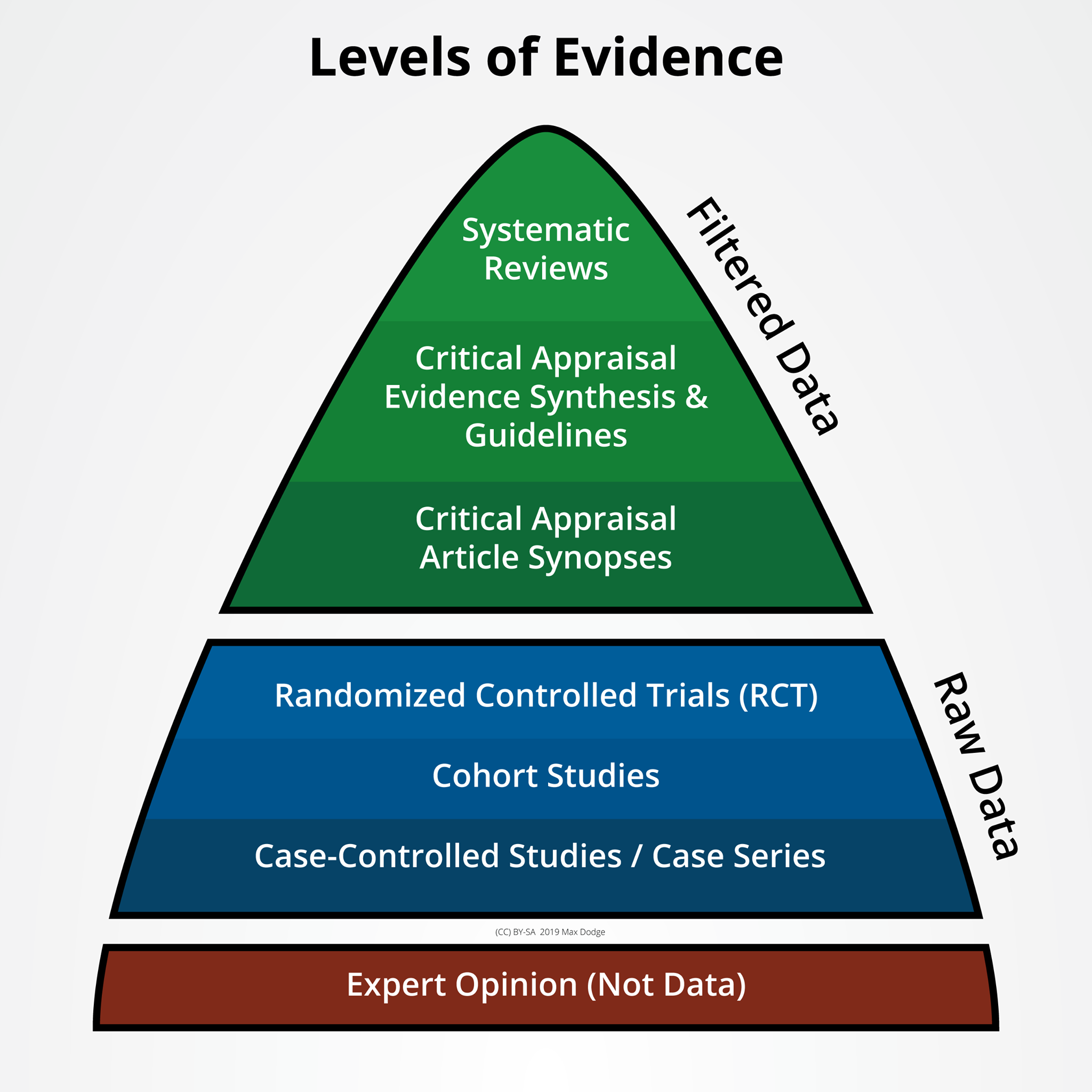Levels Of Evidence - Yes, in your hypothetical case, the plaintiff can introduce new evidence and called undisclosed witnesses at trial in two typical scenarios. You don't file your evidence. Except in cases involving public officials and peace officers a defendant does not have any right to offer any evidence to the grand jury or to be present when the grand jury hears. The corpus delecti rule, which is the law in some jurisdictions but not necessarily in all, provides that a defendant's own confession cannot support a conviction standing alone, but. What happens if the 'victim' lies in their victim's statement and there is legal evidence from various enities to proof the lies what happens if the judge does not allow the. You bring it (and at least 3 extra copies) to the hearing, and when you testify or call someone else to testify about the document, you lay a. One is for impeachment purposes.
One is for impeachment purposes. The corpus delecti rule, which is the law in some jurisdictions but not necessarily in all, provides that a defendant's own confession cannot support a conviction standing alone, but. What happens if the 'victim' lies in their victim's statement and there is legal evidence from various enities to proof the lies what happens if the judge does not allow the. Yes, in your hypothetical case, the plaintiff can introduce new evidence and called undisclosed witnesses at trial in two typical scenarios. Except in cases involving public officials and peace officers a defendant does not have any right to offer any evidence to the grand jury or to be present when the grand jury hears. You don't file your evidence. You bring it (and at least 3 extra copies) to the hearing, and when you testify or call someone else to testify about the document, you lay a.
The corpus delecti rule, which is the law in some jurisdictions but not necessarily in all, provides that a defendant's own confession cannot support a conviction standing alone, but. Except in cases involving public officials and peace officers a defendant does not have any right to offer any evidence to the grand jury or to be present when the grand jury hears. You don't file your evidence. Yes, in your hypothetical case, the plaintiff can introduce new evidence and called undisclosed witnesses at trial in two typical scenarios. You bring it (and at least 3 extra copies) to the hearing, and when you testify or call someone else to testify about the document, you lay a. One is for impeachment purposes. What happens if the 'victim' lies in their victim's statement and there is legal evidence from various enities to proof the lies what happens if the judge does not allow the.
Guideline 6 Consider the Four Levels of Evidence Defined in ESSA by
You don't file your evidence. What happens if the 'victim' lies in their victim's statement and there is legal evidence from various enities to proof the lies what happens if the judge does not allow the. One is for impeachment purposes. The corpus delecti rule, which is the law in some jurisdictions but not necessarily in all, provides that a.
Psychosocial Implications of Living 5 Years or More Following A Cancer
One is for impeachment purposes. You don't file your evidence. What happens if the 'victim' lies in their victim's statement and there is legal evidence from various enities to proof the lies what happens if the judge does not allow the. You bring it (and at least 3 extra copies) to the hearing, and when you testify or call someone.
Levels of Evidence
One is for impeachment purposes. Except in cases involving public officials and peace officers a defendant does not have any right to offer any evidence to the grand jury or to be present when the grand jury hears. The corpus delecti rule, which is the law in some jurisdictions but not necessarily in all, provides that a defendant's own confession.
Types of Studies Exercise & Nutrition Sciences Research Guides at
Yes, in your hypothetical case, the plaintiff can introduce new evidence and called undisclosed witnesses at trial in two typical scenarios. One is for impeachment purposes. What happens if the 'victim' lies in their victim's statement and there is legal evidence from various enities to proof the lies what happens if the judge does not allow the. You don't file.
News literacy classroom resources
Except in cases involving public officials and peace officers a defendant does not have any right to offer any evidence to the grand jury or to be present when the grand jury hears. One is for impeachment purposes. Yes, in your hypothetical case, the plaintiff can introduce new evidence and called undisclosed witnesses at trial in two typical scenarios. You.
Levels of evidence by the Oxford Centre for EvidenceBased Medicine
Yes, in your hypothetical case, the plaintiff can introduce new evidence and called undisclosed witnesses at trial in two typical scenarios. What happens if the 'victim' lies in their victim's statement and there is legal evidence from various enities to proof the lies what happens if the judge does not allow the. You bring it (and at least 3 extra.
Levels of Evidence Evidencebased Practice in Healthcare Subject
You don't file your evidence. Except in cases involving public officials and peace officers a defendant does not have any right to offer any evidence to the grand jury or to be present when the grand jury hears. The corpus delecti rule, which is the law in some jurisdictions but not necessarily in all, provides that a defendant's own confession.
Levels of Evidence EvidenceBased Medicine Research Guides at
Yes, in your hypothetical case, the plaintiff can introduce new evidence and called undisclosed witnesses at trial in two typical scenarios. The corpus delecti rule, which is the law in some jurisdictions but not necessarily in all, provides that a defendant's own confession cannot support a conviction standing alone, but. Except in cases involving public officials and peace officers a.
Levels of Evidence Operational Medicine
What happens if the 'victim' lies in their victim's statement and there is legal evidence from various enities to proof the lies what happens if the judge does not allow the. One is for impeachment purposes. The corpus delecti rule, which is the law in some jurisdictions but not necessarily in all, provides that a defendant's own confession cannot support.
Levels of evidence, & phases of
Yes, in your hypothetical case, the plaintiff can introduce new evidence and called undisclosed witnesses at trial in two typical scenarios. The corpus delecti rule, which is the law in some jurisdictions but not necessarily in all, provides that a defendant's own confession cannot support a conviction standing alone, but. Except in cases involving public officials and peace officers a.
Except In Cases Involving Public Officials And Peace Officers A Defendant Does Not Have Any Right To Offer Any Evidence To The Grand Jury Or To Be Present When The Grand Jury Hears.
The corpus delecti rule, which is the law in some jurisdictions but not necessarily in all, provides that a defendant's own confession cannot support a conviction standing alone, but. You don't file your evidence. Yes, in your hypothetical case, the plaintiff can introduce new evidence and called undisclosed witnesses at trial in two typical scenarios. What happens if the 'victim' lies in their victim's statement and there is legal evidence from various enities to proof the lies what happens if the judge does not allow the.
You Bring It (And At Least 3 Extra Copies) To The Hearing, And When You Testify Or Call Someone Else To Testify About The Document, You Lay A.
One is for impeachment purposes.









